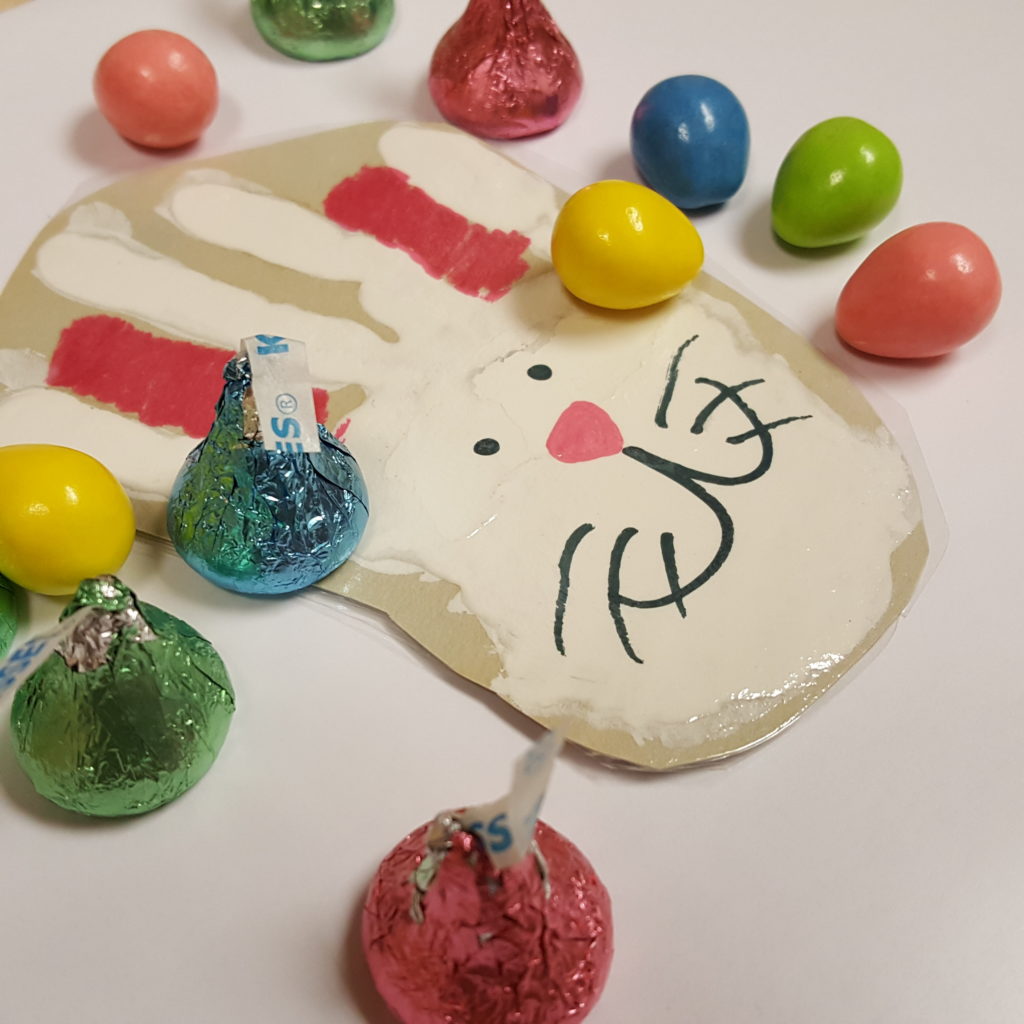Easter Season Allergy Triggers and Tips to Stay Safe
Hunting for Easter eggs and candy this weekend? Planning a big outdoor picnic? Easter can be a wonderful time of year for the entire family, but a flare of allergies, or asthma, can quickly turn this wonderful holiday into an allergy disaster. The usual suspects of spring allergy pollens and foods, like Easter candy, aren’t the only potential allergy triggers. Those brightly-dyed eggs, your relatives’ pets and even those cute little Easter chicks and bunnies can wreak havoc on the nose, sinuses, and chest.
Here’s a list of Easter allergy triggers and tips to keep you out of harm’s way.
Food Allergies, Easter Candy and Homemade Treats
For those who suffer with food allergies, the holidays can always be a challenge. At Easter, everyone loves jelly beans, chocolate bunnies and those cute little spongy sweets. But these tempting treats can contain traces of nuts, milk, wheat, and eggs. Read labels carefully, and remember, “If you can’t read it, don’t eat it.” Parents who have children with food allergies need to be especially vigilant and teach their kids to say, “No thank you, but I can’t.”
While packaged foods come with a list of ingredients, homemade goodies can contain just about anything. Even the best-intentioned chef can accidentally let traces of allergens sneak into the mix. You don’t want to offend your host or hostess, so it can be tricky. Make sure your hosts are aware of any potential food allergy problems, but if you are not sure about something, plan to bring your own food items or say “No, thank you.”
With food allergies, prevention is the key, but emergency preparedness in the event of an unexpected reaction is just as important. Know how to recognize and treat a serious systemic reaction (“anaphylaxis”) and know how to use an epinephrine auto injector (Auvi-Q or EpiPen) if one has been prescribed for you. Always be aware of what kids with food allergies are eating and sharing with one another. Invisible allergens can linger on cups and cutlery. And make sure that kids especially feel comfortable speaking up if they feel unwell. Remember … food allergy reactions can happen on a holiday just as easily as they can on a normal day.
Skin Allergies and Colorful Easter Eggs
The food coloring used to create all of those beautifully dyed Easter eggs can also trigger allergies and cause skin reactions in people with sensitivities. And the eggs themselves are one of the most common food allergies. If someone has skin contact with a food they are allergic to, they may develop a localized rash. That reaction can then turn more severe if there’s exposure to the eyes, nose, or mouth.
Pet Dander Allergies: Dogs, Cats, Bunnies and Chicks
Dander and saliva from dogs, cats, and yes, even those cute little Easter bunnies, can cause allergic reactions on par with those caused by pollen and mold. Even those cute little chicks can cause significant allergic reactions in patients who have egg allergies or feather allergies. So when visiting your relatives with pets, be sure to go prepared. Limit your exposure to the pets as much as possible and keep your nasal steroid sprays, allergy eye drops and oral antihistamines at the ready in the event of a problem.
Spring Pollen and Mold Allergies
Spring is here, Easter is around the corner and the spring allergens (tree pollen and mold spores) are blowing in the air! Live Oak pollen, other tree pollens and mold spores can cause itching, sneezing, runny noses, nasal congestion, eye irritation, coughing, and potentially trigger asthma symptoms. And as much as that beautiful spring day makes you want to throw open the windows and drive with the top down in your convertible, try to resist the urge. Keep your windows and doors closed and try to limit your outdoor exposure. That outdoor Easter picnic may not be the best idea for those with spring allergies. But if you just can’t help yourself, make sure you pre-treat with nasal steroid sprays and oral antihistamines before you venture out. Immunotherapy patients should make sure they are using their allergy drops or taking their allergy injections regularly to keep their spring allergy symptoms under control.
Fire Ant Allergies and Bluebonnets
What Easter is complete without that perfect picture of the kids, or the whole family, in a field of bluebonnets? For those with fire ant allergy, just make sure there are not any unwanted guests in the picture! Prevention is the key. A reaction to a fire ant sting can progress quickly, so know how to recognize and treat a serious systemic reaction (“anaphylaxis”) and know how to use an epinephrine auto injector (Auvi-Q or EpiPen) if one has been prescribed for you.
Plan ahead for the perfect Easter Holiday.
So with just a little extra time and thought, you can avoid an allergy disaster and make this Easter a holiday one to remember…for all the right reasons!
When all your avoidance efforts and the over-the-counter medications don’t do the trick, then it’s time to call your allergist. The doctors at Certified Allergy can prescribe more intensive remedies to bring your current symptoms under control and develop a long term preventative plan with allergy shots or drops that can help you avoid the misery of seasonal allergies in the future.
